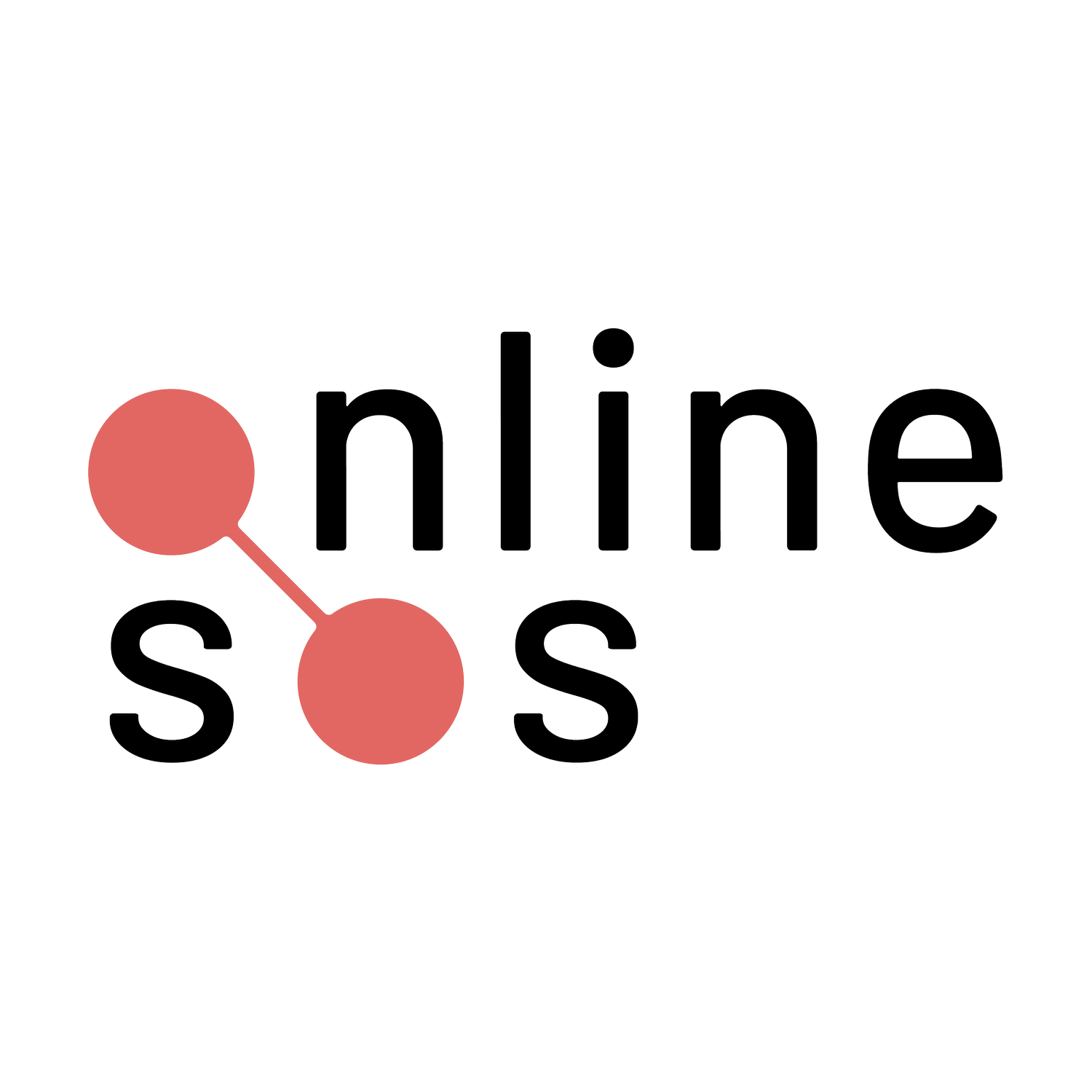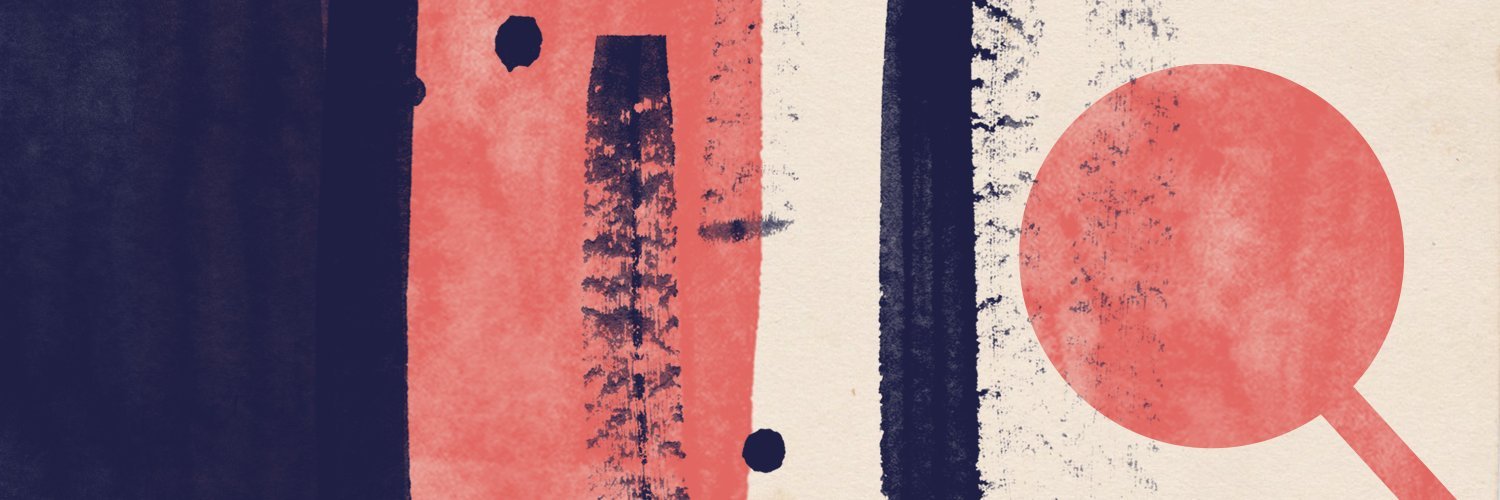May 3, 2023
By Katie Hunter
Journalists on Online Harassment and its Mental Health Impacts: What We Face and What We Need
Online harassment of journalists and other content creators is a well-documented crisis–and its impact is sobering. When faced with online abuse, journalists may self-censor, quit or leave the profession altogether, as well as seek treatment for harassment-related PTSD, according to a recent study.
Coupled with the challenges of reporting on difficult topics, it’s no wonder that online harassment can take such a toll on journalists’ mental health. This is especially true for women journalists and journalists of color, who disproportionately face abuse online.
This past year, OnlineSOS focused on understanding what support journalists, especially those from heavily targeted groups, need when experiencing online harassment. Specifically, we focused on learning what mental health and online resources journalists and creators of digital media find most helpful—and what more can be done to help them manage the effects of online abuse.
For this project we interviewed 15 journalists, content creators and artists about their experiences of harassment and what steps they took to cope. We also asked them about which resources and recommendations they have for other professionals in the field, including employers and other stakeholders.
Our interviewees included freelance and full-time employees who cover a wide range of content. Yet the majority identify as women journalists and/or journalists of color, which helped us better understand the experiences and support needed by people disproportionately targeted online.
To ensure the safety of our interviewees, we are keeping their identities private. But, in the article below, we’ve included certain information in order to highlight experiences, challenges, and needs that might be shared among journalists with similar roles and identities.
Here’s what our interviewees want us to know when it comes to online harassment–and what can help journalists navigate it and continue to thrive in their work and lives.
Online harassment makes it tougher to do our jobs – or worse
Community engagement can be rewarding for journalists—but also toxic and destructive to their mental health. This is especially true for interviewees who cover highly-charged topics.
“Every day you get all-caps emails that are very aggressive about the work you are doing or whatever story you’re doing,” said one full-time investigative reporter and editor at an independent newspaper.
Coupled with harassment, the demands of reporting on challenging topics can take a toll.
“I’ve called my editor and cried because I couldn’t do the work on a given day,” he added about a former role as a reporter at a metropolitan newspaper in the South, where he covered topics like criminal justice and politics for eight years. The same journalist, who is white, also acknowledged that he has “been fortunate to escape the kind of harassment that many women colleagues” and his colleagues of color often face.
“I’ve been emailed death threats and endlessly trolled on Instagram about articles or essays I’ve written,” added one interviewee, a Black freelance journalist who writes about race, class and culture. “Some of the more recent posts were made about things I’d written a long time ago,” he added, showing how harassment is an ongoing threat.
“History has revealed that when white supremacy is threatened, there is backlash. Now that backlash is also levied through social media accounts and email inboxes,” shared one full-time Black journalist who covers race, housing, immigration, policing and cannabis at a major newspaper.
That backlash affects how journalists and content creators do their jobs. This is especially true for journalists disproportionately targeted online, including women and people of color.
In a recent interview on NBC News, digital reporter Kate Sosin, who identifies as nonbinary, said that “there is reporting that I know I would like to do or other journalists would like to do and we’re not able to do because its not safe enough.”
One editor we interviewed reported taking a woman author off the byline of a story because of the harassment she received both on and offline. And while one editor reported that he doesn’t avoid stories because of the fear of harassment, it “has made me more careful in the wording I’m going to use.”
We deal with harassment in different ways - but we all depend on community support
Most interviewees who experienced harassment took steps to address it on their own. This was especially true on social media, where they took steps ranging from ignoring messages to blocking individuals to calling out the abuse.
“I sometimes acknowledge the harassment on one of my platforms. The idea is that maybe it will de-fang that person. They think they are pulling you into something quiet and private so being revelatory about it helps me,” shared a Black freelance journalist.
“Sometimes I take notes on the type of threat and harassment and write down their handles, to see if it’s the same account or people and understand the source,” shared an editor.
The same editor shared that he also exercises daily to support his mental health. Other interviewees said that journaling and therapy have been helpful ways to cope with online abuse.
Yet nearly every interviewee who has been harassed said they spoke with colleagues, friends and/or family members about the experience. Several interviewees found it helpful to share with others from similar backgrounds.
"I usually talk to other black people because many of the comments have been race-based. Usually activist friends of mine who are also black because they’ve dealt with it,” shared the journalist who covers race, class and culture.
One reporter, who is South Asian and writes for a foreign affairs journal, said he “consults family members who are journalists and have also had experience with threats and cyberattacks. I’m fortunate to have family members with experience facing these issues,” he added—something that not every journalist or digital writer can claim.
Journalists and content creators expect their employers to understand the challenges that come with storytelling, including harassment. But they also need employers to validate job-related distress and offer concrete support options, such as access to therapy and mental health days.
Interviewees writing about highly-charged topics that impact their communities said these options are really important. “News editors could be more sensitive to marginalized folks who are doing work at the intersection of identity,” shared the journalist who writes about race, class and culture. “If you are writing around sensitive topical issues that also intersect with your identity or lived experience, that is a lot. You are fundamentally carrying a different pail of water around this stuff,” he added.
Therapy can help, but it’s more complex than that.
“I do believe employers should offer therapy to impacted journalists, particularly those from marginalized backgrounds where resources aren't as plentiful or normalized. To seek out and get therapy, which can be expensive, is a privilege. We can't assume that all people, particularly underpaid and overworked journalists, are able to afford therapy,” said the full-time journalist who covers race, housing, immigration, policing and cannabis.
“I definitely had to deliberate how much the race of my therapist mattered and didn’t matter,” added another journalist. “A lot of that had to do auditing with what I needed therapy for (my needs and race as a Black person overlapping). The other challenge was cost. And another was logistics. When was that person available to have sessions?”
Newsrooms can also step up by getting trained on how to handle harassment, issuing public statements of support for employees harassed online, and creating a positive work environment. “So much of our workplace culture in a newsroom setting is just power through and get things done. I think there needs to be a de-emphasis on the importance of the work to sacrifice your mental or physical health,” said one editor and journalist.
At the very least, journalists need to know employers won’t make them feel “less than” if they ask for help—or worse. “Ensure management doesn’t take action against someone who has been harassed (i.e. dismissing them). On and on we see news organizations that, when there is a targeted harassment campaign, feel they should cave to community pressures by following through on what the campaign desires,” added an editor.
Employer support is critical when it comes to dealing with harassment—but where does that leave freelance journalists and content creators who need support? “Addressing independent journalists is super difficult because you struggle already to sell your articles, you struggle to get paid and that’s your main priority…These resources have to come from independent associations,” shared one former editor.
Yet some journalists may lack access to these associations and their resources. One interviewee said she would have “turned to the National Union of Journalists (NUJ)” if she had needed help dealing with online harassment, but that she was no longer a member because of the cost. Another interviewee mentioned that they were not aware of an identity-related journalist association that might address online harassment, but that such a resource would be helpful.
Fortunately, many nonprofit organizations supporting journalists have taken notice.
The Asian American Journalist Association (AAJA), for instance, now offers a comprehensive listing of mental wellness resources on its website as well as a speaker series dedicated to mental health-related topics. The AAJA also offers mental health support funds via an application process for journalists in need.
So does the Black Journalist Therapy Relief Fund, founded by Sonia Weiser in May 2020 on GoFundMe to help “provide financial assistance for Black journalists facing financial hardship who are unable to pay for the mental health support they need during this time.” The International Women’s Media Foundation (IWMF) now administers the fund.
Recently, the IWMF also partnered with PEN America and the Online News Association (ONA) to create Digital Safety Snacks, a series of videos meant to help journalists defend themselves against online abuse. These resources and partnerships are encouraging moves–and ones that will help journalists, no matter where they are, gain access to what they need to thrive.
What we want stakeholders to know—and what we need from them
Katie Hunter (she/her/hers) is a writer and educator based in Oakland. She teaches high school and middle school English and leads creative writing workshops for youth. Katie has previously led content development for OnlineSOS and currently serves as a board member.
The Journalists’ Perspectives Project was made possible by journalists of diverse backgrounds who were willing to speak candidly about their experiences with online harassment and their mental health needs. The research and article were developed thanks to the support of Google Jigsaw, as well as the generosity of OnlineSOS board members and in consultation with the Coalition Against Online Violence.
Note from OnlineSOS: Our hope is to help journalists, particularly journalists of color, contextualize their experiences and seek the mental health resources they may want or need, and to share insights with stakeholders on how to build for and support journalists. If you have questions or suggestions. please reach out to us at team[@]onlinesos.org.

